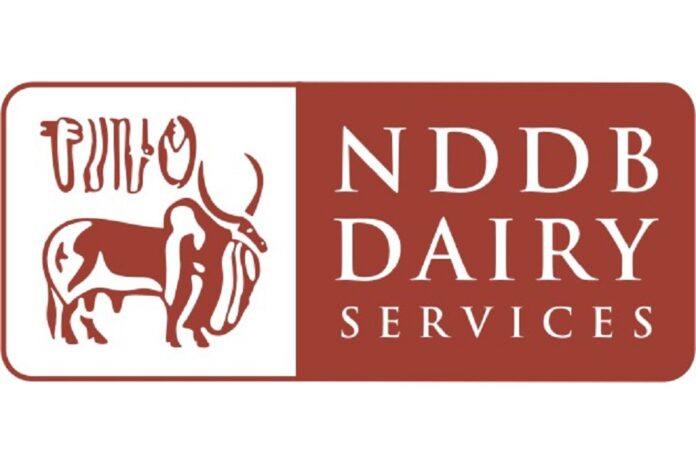In a bid to scale up its dairy production to become self-sufficient, Sri Lanka has sought technical assistance from India’s National Dairy Development Board (NDDB) and market leader Amul, reviving a collaboration that the island attempted in the late 1990s, but failed to take forward.
Sri Lanka President Ranil Wickremasinghe has sought Indian assistance to make local dairy industry self-sufficient to reduce imports, his office said, as the subcontinent achieved nearly three decades back under a white revolution.
The government is committed of doubling local milk production by implementing short and medium-term plans and making Sri Lanka self-sufficient in milk in the long run through a targeted program.
Sri Lanka spends over US$300 million to import dairy products and the central bank restricted some of the dairy products because of dollar shortage early this year.
As a result, the imports of dairy products have declined more than 32 percent to 184.1 million rupees in the first nine months of this year. India has the World’s largest dairy herd as well as the top milk producer and consumer.
Sri Lanka has been in the process of achieving self-sufficiency in milk production, but has failed in the face of heavy competition by foreign milk powder producers and due to lack of consumer preference for liquid milk.
President Ranil Wickremesinghe has appointed a committee consisting of representatives of the public and private sectors of Sri Lanka to work with the multidisciplinary team of the National Livestock Development Board of India to prepare a short, medium and long-term plan to increase local milk production to reduce the country’s dependence on imported milk powder, the president’s office said in a statement.
“India’s National Livestock Development Board (NDDB) and the Indian Amul Milk Company have taken steps to provide the necessary technical support for the production of liquid milk in Sri Lanka,” the Presidential Secretariat said in a statement.
“It was discussed at length about doubling local milk production by implementing short and medium-term plans and making Sri Lanka self-sufficient in milk in the long run through a targeted program.”
Successive governments used many policy measures including legal actions against milk powder importers citing the presence of chemical ingredients
